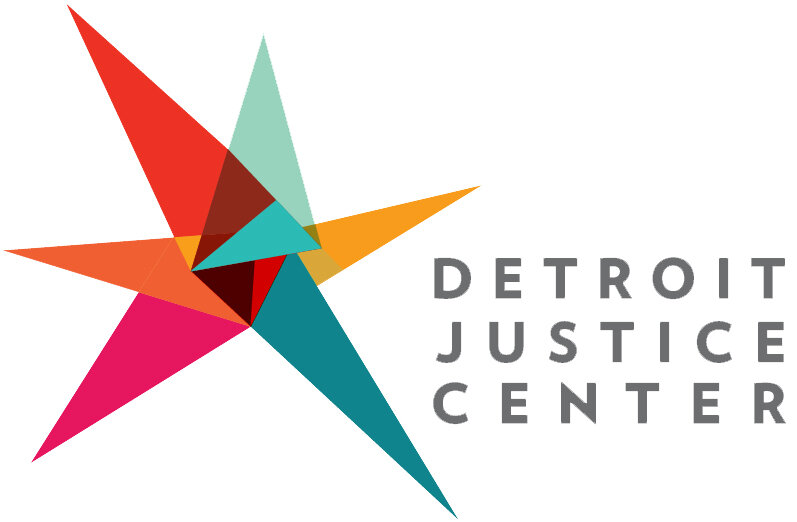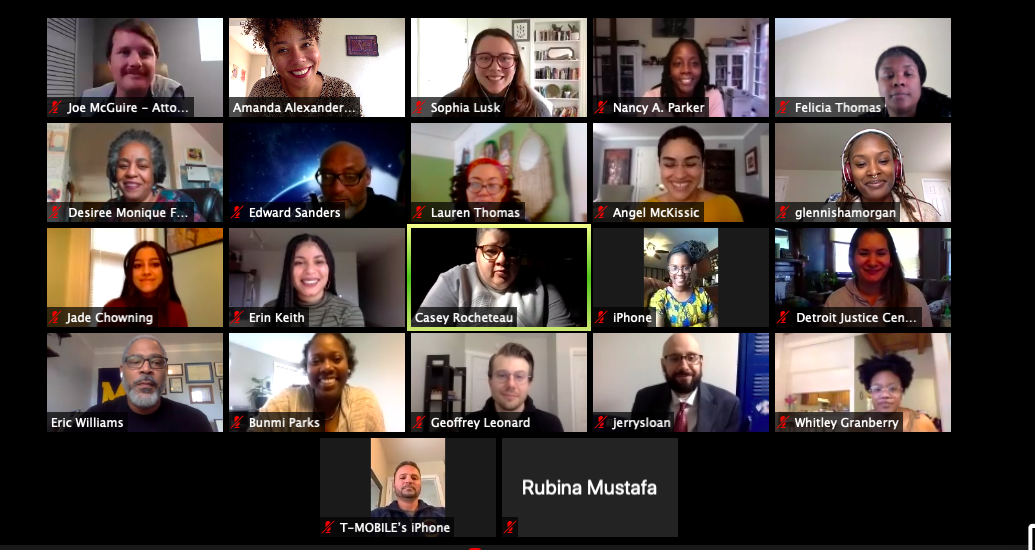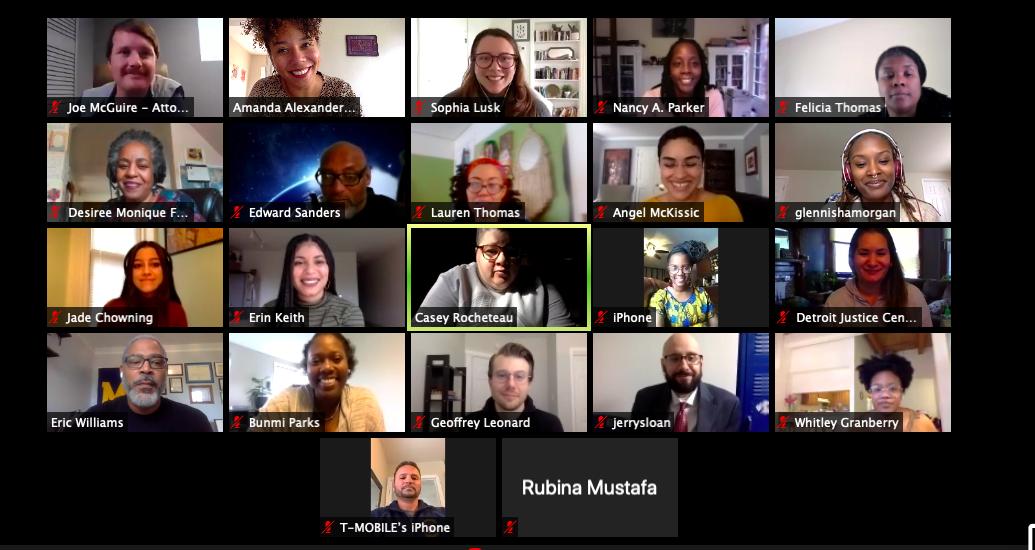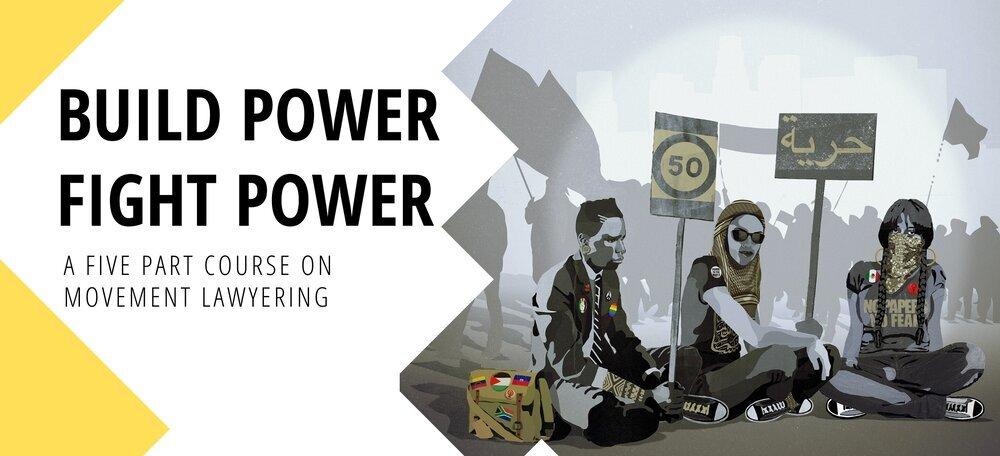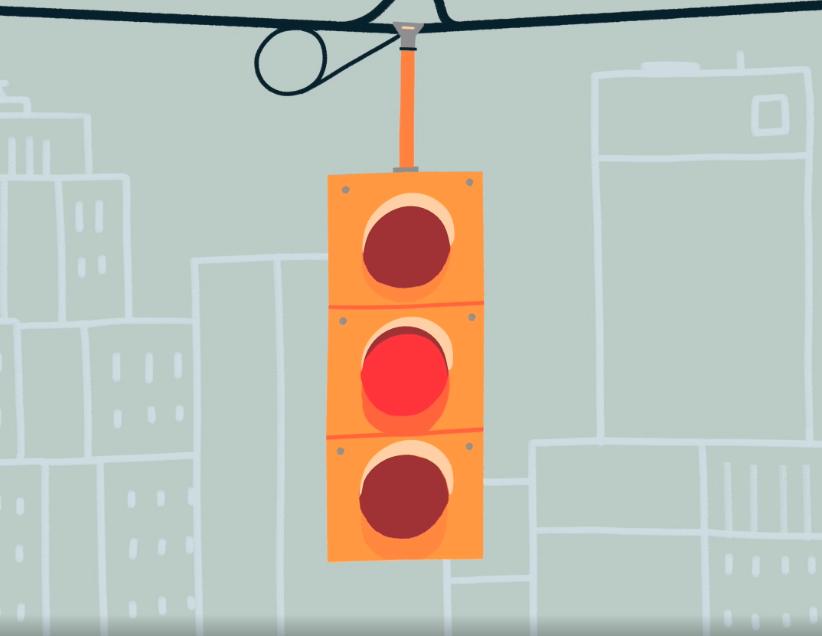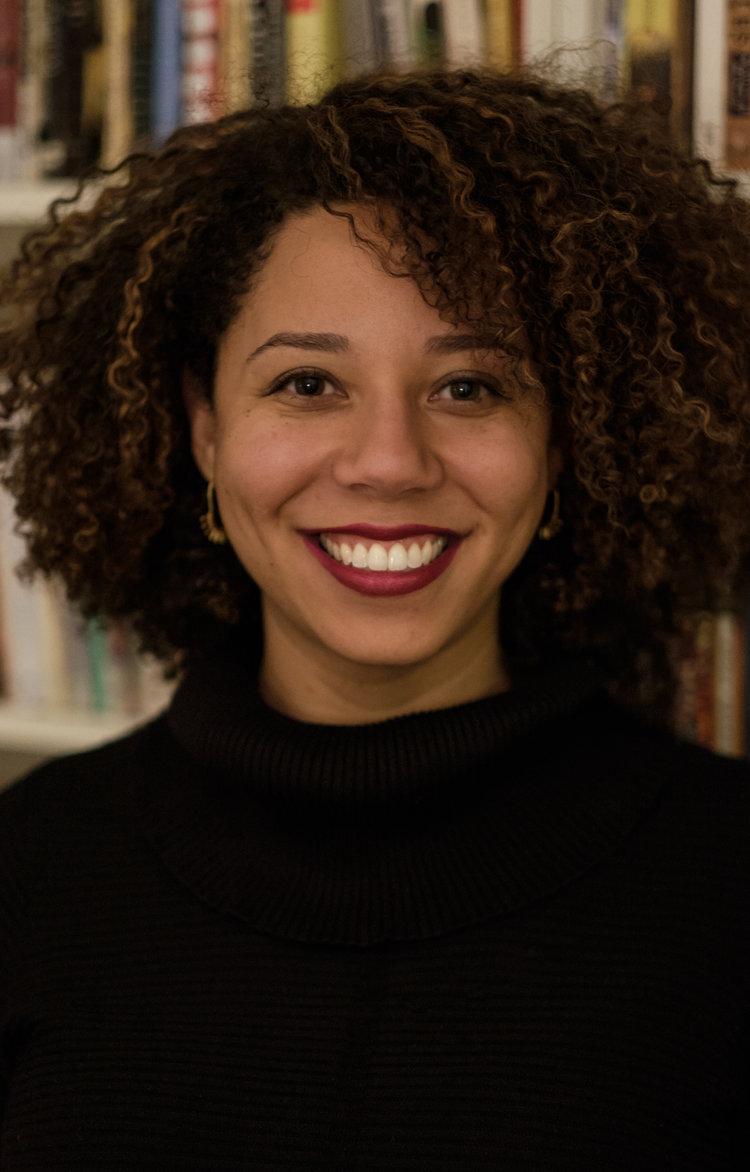As we round the corner on the end of this unbelievably complex and wild year, we are reflecting on the importance of flexibility and hope. This is a year that has been filled with enormous shifts in how we live our daily lives, which has required a kind of dexterity to adjust to as an organization, and as individuals. While we have been focused on both rapid response work with the pandemic and supporting sustained months of protests, we have been mindful that no matter what administration is in the White House, we are fighting for long-term systemic change that will take years to achieve. We enter into the final chapter of this surely historic year reminding ourselves that in the two and a half years DJC has existed, we have done everything in our power to shift systems that have been in place for centuries. When we started this year, we never could have imagined the kind of grassroots support that we’ve received throughout 2020 or the groundswell in support of defunding the police. We know that working on this kind of systems change is a slow process that requires a great deal of care and effort to see across the finish line. As the weather starts to get colder here in Detroit, we’re finding warmth in the thousands of you who have supported us. We know this is a lifelong fight to ensure that every single person is treated with dignity, equity and compassion. We stand on the shoulders of the generations before us who laid the groundwork for this work, and we’re so glad to be standing together with you.
What’s Happening at DJC?
Our video from our workshop with the People’s Paper Co-op in August 2019.
Since 2018, we have been working with Safe & Just Michigan and our other partners on passing the Michigan Clean State package, and this September it was finally signed into law! The bill package will “automatically expunge simple misdemeanors and non-assaultive felonies from the records of hundreds of thousands of Michiganders.” While we continue to fight for a world in which anyone convicted of a crime would have a clean record the moment they are no longer incarcerated, this is a huge step forward for Michiganders with criminal records.
For years, the state of Michigan barred anyone with two or more felony drug convictions from accessing SNAP benefits, blocking their access to food stamps as well as the wrap-around services SNAP provides, such as job training and utilities assistance. With our partners at the Hungry for Justice Coalition we were able to get the ban lifted this September! Lifting this ban will provide access to food for thousands of Michiganders and their families at a time when so many households have been impacted by the financial and health effects of Covid-19.
Between July 8th and October 23rd of this year, Movement Law Lab hosted a five-part course on movement lawyering called Build Power/Fight Power, which our Founding ED, Amanda Alexander helped to facilitate. The digital series course, which DJC co-sponsored, was viewed by thousands of attorneys and law students who wanted to strengthen their knowledge of and commitment to movement lawyering during a summer where hundreds of thousands of people took to the streets to demand change.
We’ve launched a dedicated website for our Highway Robbery Report to distill its contents with interactive features and illustrations. We’ve sent copies of the report to every mayor, district court judge, and prosecutor’s office in Metro Detroit in the hopes that they will take our recommendations seriously and begin to craft policy that no longer targets marginalized drivers. Stay tuned in the upcoming months as we continue to push for the full decriminalization of traffic offenses and also begin to address the ways our report is even more prescient in the time of Covid-19.
Our Founding ED, Amanda Alexander, was awarded the Stanford Law School National Public Service Award. The award honors an attorney who has demonstrated outstanding commitment to public service and social justice in her career. Amanda was virtually in-residence where she held small group discussions with student groups, and gave a school-wide keynote address, “Defense, Offense, and Dreaming: Movement Lawyering in the Black Lives Matter Era.” Amanda was also honored with the Hope R. Stevens Award by the National Conference of Black Lawyers. This award is presented to individuals who demonstrate a clear understanding of the manner in which the plight of the Black and Brown community in the U.S. is directly related to the plight of oppressed people throughout the world.
-
Since March, our Community Legal Advocates—trained community members that help clients understand legal processes and navigate government systems—shifted from focusing on property tax assessments to implementing two COVID-19 grant programs for returning citizens. They completed intake processes for 201 community members and distributed $194,750 in funding to returning citizens who were unable to get stimulus checks from the federal government. They have also been helping remove barriers to voting for returning citizens.
-
From taking part in new co-op academies to creating Detroit’s first official community land trusts (CLTs), our Economic Equity Practice is seeing unparalleled interest from Detroiters interested in exploring CLTs and organizations interested in supporting worker-owned businesses. The team has been working in a landmark partnership with a few of its community partners and clients to grow a new cooperative corridor on a land trust in Detroit’s North End. EEP is excited to pair the concepts of sustainable and affordable land ownership with sustainable and just businesses in the city. More details about this land trust will be forthcoming after the official announcement, but DJC and our community partners have been receiving great support in the form of resources and grants to further progress on the cooperative corridor!
-
Last week, we signed on to an amicus brief in partnership with the NAACP Legal Defense Fund and several other organizations to appeal the decision to allow people to carry firearms at polling places in Michigan. An amicus brief is a legal document filed by non-litigants in a case that advises the court with additional relevant information they may not have considered. In the words of our staff attorney Geoff Leonard, “Our experience teaches us that gun violence, and the prevalence of guns in Michigan communities, dramatically exacerbates this violence. In 2018, a member of one of our partner organizations was shot and killed while going door-to-door to get out the vote. The trauma of such an event cannot be understated—and the fear that people feel of this kind of violence continues to impact people’s ability to engage politically.”
-
In the wake of the Detroit Police Department’s killing of Hakim Littleton, we have joined the Detroit Coalition for Police Transparency and Accountability. Recently, as part of this coalition, we hosted a conversation on Instagram Live between our Communications Manager, Casey Rocheteau, and Neighborhood Defender Service’s Chantá Parker about the issues Detroiters have faced with DPD harassment. We also took part in the coalition’s public tribunal for Hakim Littleton where community members were able to hold the officers accountable for their actions where the system would not. There will also be public hearings regarding his killing taking place on November 12th. Follow us on Twitter, Facebook and Instagram for more details.
-
Our Founding ED Amanda Alexander and Legal Services Staff Attorney Erin Keith took part in a panel discussion on WXYZ News to discuss the Black Lives Matter Movement and the intersections with this presidential election.
-
In September, the MI Department of Corrections announced that it would be closing the Detroit Re-Entry Center facility, leaving $12.3 million “savings” in their budget. This prison held people with parole violations and nothing about it has supported the people housed within its walls to be able to thrive or re-enter their communities easily. Alongside our partners at MI Liberation, We the People MI, FORCE Detroit, and Detroit Action, we co-authored a joint statement calling upon MDOC and the State of Michigan to reallocate that money to the Detroit communities most impacted by this facility. Additionally, we have called upon MDOC to agree to either demolish that facility or turn the property over to community-led organizations so that it would not be used to further incarcerate people in the future.
-
DJC is proud to announce that we have four new employees, Sophia Lusk, Glennisha Morgan-Folks, Sheba Rogers, and Jerry Sloan. Sophia serves as a paralegal at our organization while Glennisha is a digital strategist, Sheba serves as our Divest/Invest Senior Program Manager, and Jerry is our new Senior Grant Writer. We’re excited about welcoming them to our team.
-
Once again, Detroit City Council opted to re-invest in facial recognition software that, by DPD Police Chief Craig’s own admission, is wildly ineffective at what it purports to do. DJC’s Eric Williams continues to speak out against facial recognition, including in this piece from Wired Magazine, as well as in front of Baltimore City Council.
-
Even as our staff is working from home for the foreseeable future, we have been working with residents of the Core City neighborhood to get their input for our 2021 move into the Love Building on Grand River Ave. You can read more about our future neighbors and our plans for an accessible building in Detour Detroit.
-
In late October, the city held its annual budget meeting. We encouraged community members to attend and voice their concerns, particularly around DPD’s budget, which makes up about ⅓ of our city’s annual budget. We were pleased that the vast majority of the people who called in and made public comments were calling to defund the police and put resources back into our communities. We will continue to call for these changes over the upcoming year.
-
On October 30, Amanda Alexander spoke on The Atlantic’s Race, Justice & Equity panel along with DJC comrade Deanna Van Buren of Designing Justice + Designing Spaces. The panel explored how to tear down and replace systems that are rooted in racial inequities. “When you address the underlying social determinants of health you can actually interrupt cycles of violence and incarceration.” – Amanda Alexander + Watch the panel here.
